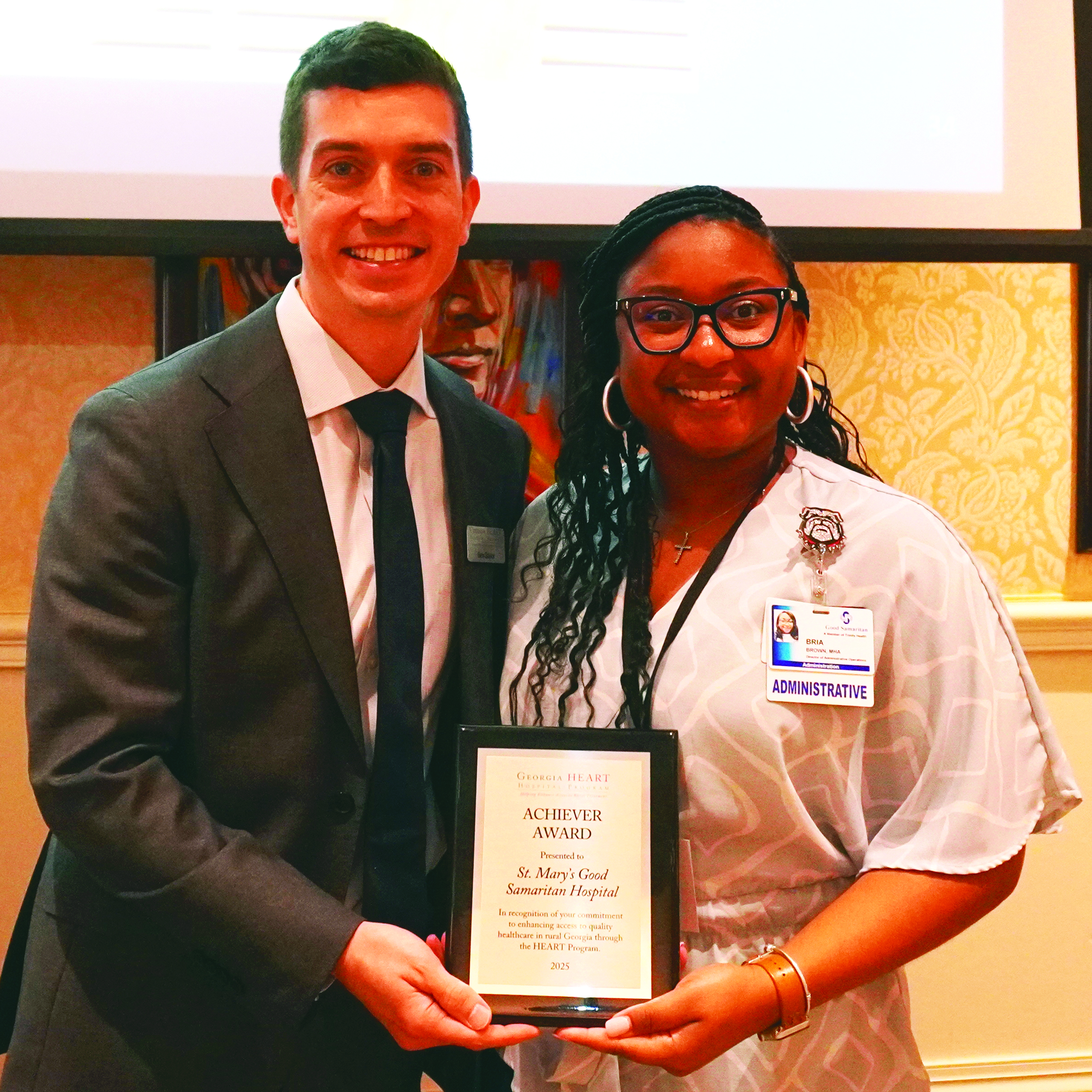FCC to consider phone rate relief for rural America
Published 6:19 pm Tuesday, May 16, 2017
WASHINGTON — In Washington, D.C., the average price of a telephone landline is $13 monthly. But in McKee, Kentucky, and many other impoverished rural communities, federal regulation require local phone companies to charge no less than $18 – the average national rate.
That doesn’t make sense to Keith Gabbard, CEO of the non-profit People’s Rural Telephone Cooperative, the only phone company serving the hardscrabble southeast Kentucky region.
“We’re in Appalachia, serving two of the poorest counties in the country,” said Gabbard. “I’m not thrilled about being told to put rates at a certain level.” McKee, the seat of Jackson County, is the poorest of the poor, with a median annual household income of $17,286.
Arguments from rural critics of the rules like Gabbard has struck a chord with Ajit Pai, the new chairman of the Federal Communications Commission who grew up in the farm town of Parsons, Kansas. He will ask the FCC to consider eliminating the minimum rate rule for rural America when it meets Thursday.
Commissioners declined to respond in advance of the meeting, but comments and letters to the FCC indicated no one opposes changing the rule.
Consumer groups and the American Association for Retired People have said the higher rates make it harder for rural residents to afford phones, contradicting a federal requirement that all Americans have equal access to phone service.
Republican Sen. Chuck Grassley of Iowa, chairman of the Senate Judiciary Committee, applauded the FCC for agreeing to review the rule “so rural Iowans aren’t overcharged for their basic telephone service.”
If the commission doesn’t act, the average national landline rate will rise from $18 to $20 per month in July, furthering burdening rural phone customers.
If it does scrap the rule, it will be a flip-flop from concern over urban areas subsidizing low rates to rural areas, the consideration that resulted in establishing the minimum rate for rural America in 2011.
Prior to 2011, many rural phone companies received a subsidy from a fee on everybody’s phone bills. The commission noted that about of fifth of rural phone companies were charging customers $12-a-month, less than the then $15-a-month national average. In some parts of Iowa and Minnesota, the rate was as low as $5 per month.
The FCC concluded it was unfair for people in more populated areas to have to pay a fee to keep rural phone bills low, and so the commission established the national average rate as a minimum for rural phone companies.
As the increase was phased in, the phone rate in McKee went up from $14 in 2014 to $16 in 2015 and $18 last year.
Neither the FCC nor NTCA, the industry group representing small phone companies in rural areas, could say how many customers have seen their rates go up. NTCA estimated when the rule took effect that 1.5 million people would see their rates rise.
In McKee, Gabbard’s company has tried to make up for the rising rates by increasing the area that’s considered a local call to surrounding counties last year and statewide this year.
But McKee is struggling. The town of 800 people located 63 miles southeast of Lexington at the edge of coal country, saw its last major employer, BAE, leave a few years ago. The defense contractor’s buildings are still empty, said Gabbard.
He doesn’t know of anyone who has had to cancel phone service. Landlines are still a cheaper and more reliable option than cellphones in the mountainous regions, he said.
Mike Romano, vice president of public policy for NTCA, argue it’s unfair to base rural phone rates on those in urban areas where people make more money. He said people in rural areas can make far fewer local calls than people in urban areas but have to pay the same price.
“I can’t tell you how many millions of people I call in northern Virginia, D.C. and Maryland,” said Romano. “In rural areas you’re lucky to be able to call 10,000 people.”
Dave Duncan, CEO of the Iowa Communications Alliance, a group representing 130 small phone companies in the state, said farmers and rural residents are angry over the higher rate. “Consumers don’t want to have their rates go up because of the federal government,” he said.
Contact CNHI Washington reporter Kery Murakami at kmurakami@cnhi.com.




